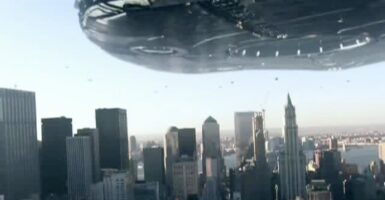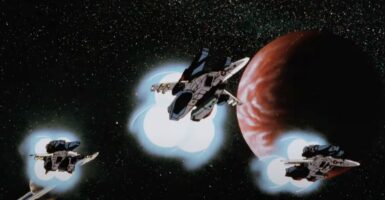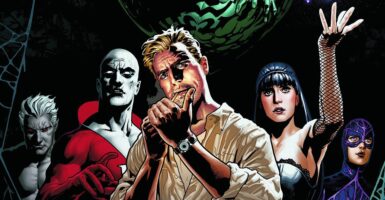DC Must Cancel Their Shared Movie Universe Before It Starts
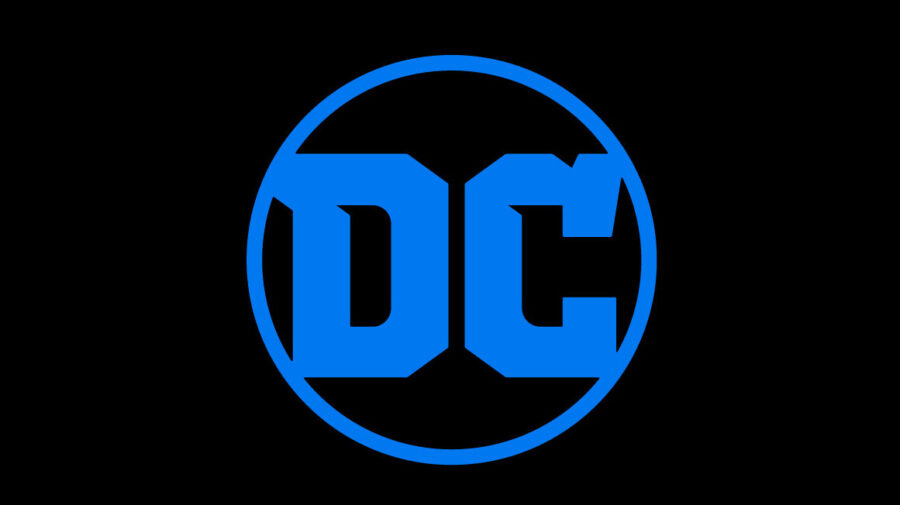
In superhero cinema, the shared universe has been a blessing and a curse. While the Marvel Cinematic Universe (MCU) has undeniably redefined blockbuster filmmaking with this concept since Phase 1 began with Iron Man in 2008, recent signs suggest audiences may be growing weary of the formula. As such, it may be time for DC to reassess its strategy and opt to cancel its upcoming shared universe model.
Shared Universes Lead To Superhero Fatigue And Lazy Writing
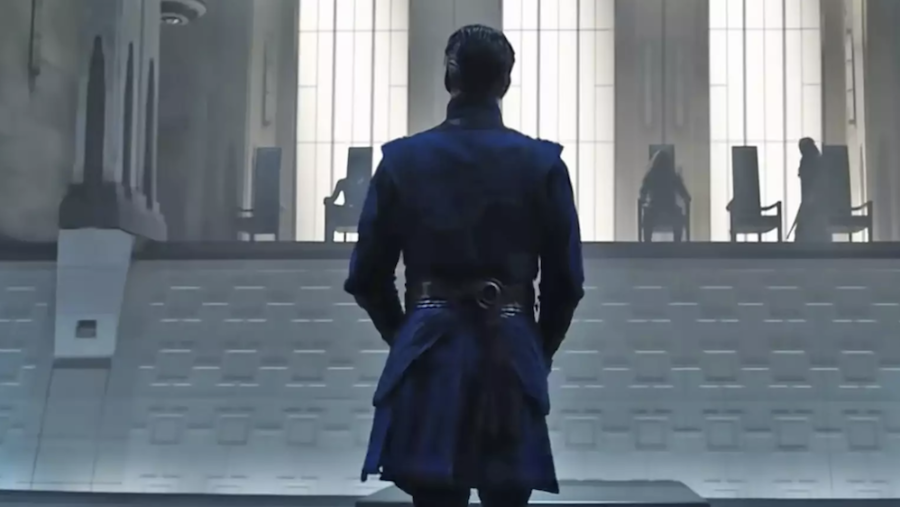
Once hailed as the gold standard for interconnected storytelling, the MCU has recently faced criticism for its proliferation of shared universes in films like 2021’s Spider-Man: No Way Home. The same tropes, story arcs, and character beats recycled across different franchises have resulted in superhero fatigue. Still, filmmakers have found deviating from these tried-and-tested narrative structures difficult. DC, already facing challenges in catching up to Marvel, should take note and cancel its shared universe approach.
While the multiverse concept was initially introduced to infuse freshness into storytelling, it has often become a crutch for lazy writing. The idea that anything can happen because there are infinite universes or timelines can dilute the impact of character arcs and diminish the stakes. DC should cancel the temptation to rely on the shared universe as a narrative safety net and, instead, focus on crafting compelling and grounded stories that resonate with audiences.
Standalone Projects Work
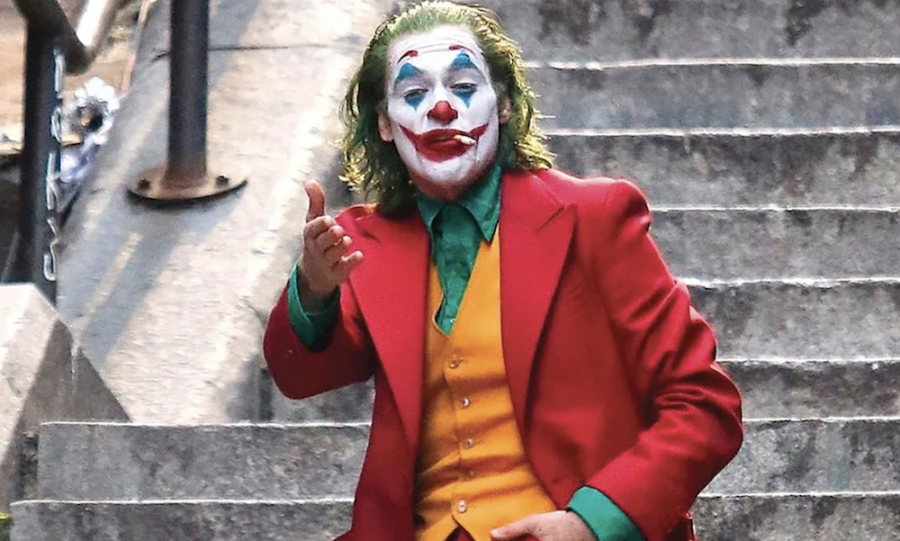
Successes like 2019’s Joker and The Batman in 2022 have proven that standalone DC films can thrive without being shackled to a shared universe which should be canceled. These films allowed for creative freedom, enabling directors to showcase their unique visions and tones. Audiences appreciated the departure from the formulaic superhero formula, and these films’ critical acclaim and box office success demonstrated the potential of a more flexible, standalone approach.
Nostalgia Only Gets You So Far
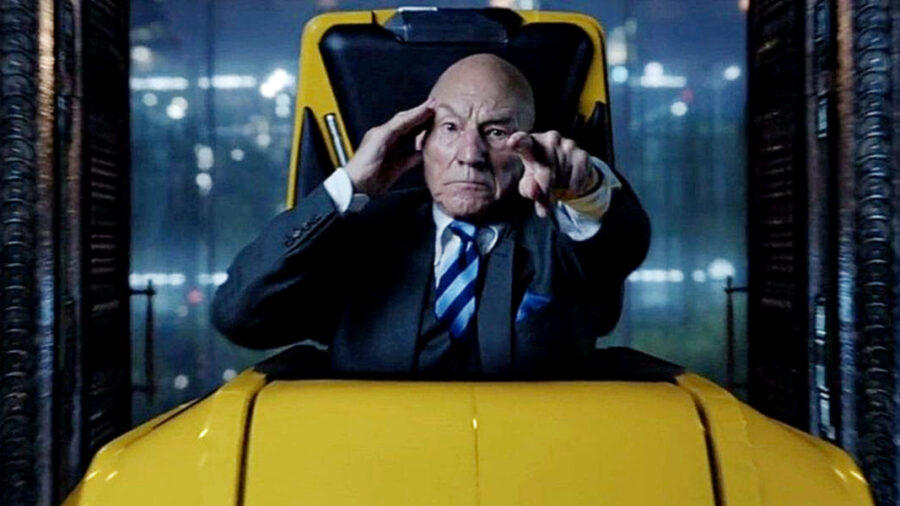
The trend of including countless cameos and Easter Eggs, as seen in 2022’s Doctor Strange in the Multiverse of Madness, to evoke nostalgia has also become a tired trope. While nods to comic book lore can be enjoyable, an overreliance on these elements can detract from the storytelling and create a superficial sense of engagement. Standalone films offer the opportunity to explore characters in-depth, free from the distraction of constant callbacks.
DC’s Past Failures From Rushing Things
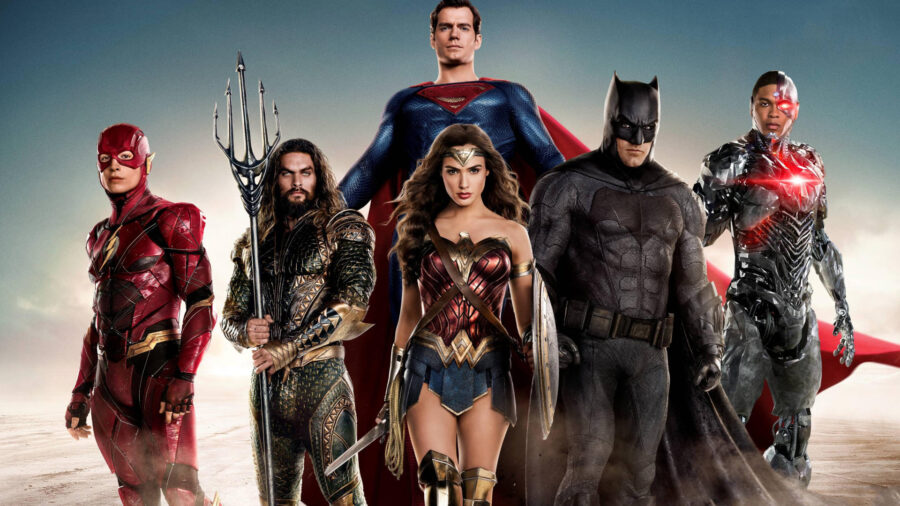
In the rush to establish its own shared universe, DC has faced criticism for prioritizing quantity over quality. The speedy release of films like Justice League in 2017 highlighted the pitfalls of attempting to force a shared universe at the expense of individual film integrity. Critics and audiences expressed disappointment with various aspects of the film, including the underdeveloped characters, predictable plot, and the portrayal of the villain, Steppenwolf.
Some reviews highlighted the movie’s attempt to emulate the lighter and funnier tone of Marvel films, which led to a lack of focus on the overarching plot. Additionally, Justice League was criticized for its tonal inconsistency, rushed, and sloppy execution. The movie was also faulted for not living up to the expectations set by previous DC films, such as Batman v Superman and Wonder Woman, released in 2016 and 2017, respectively. Overall, the general consensus was that “Justice League” was an “okay” movie but far from the hit fans hoped for.
James Gunn Should Reconsider How To Handle The Reset
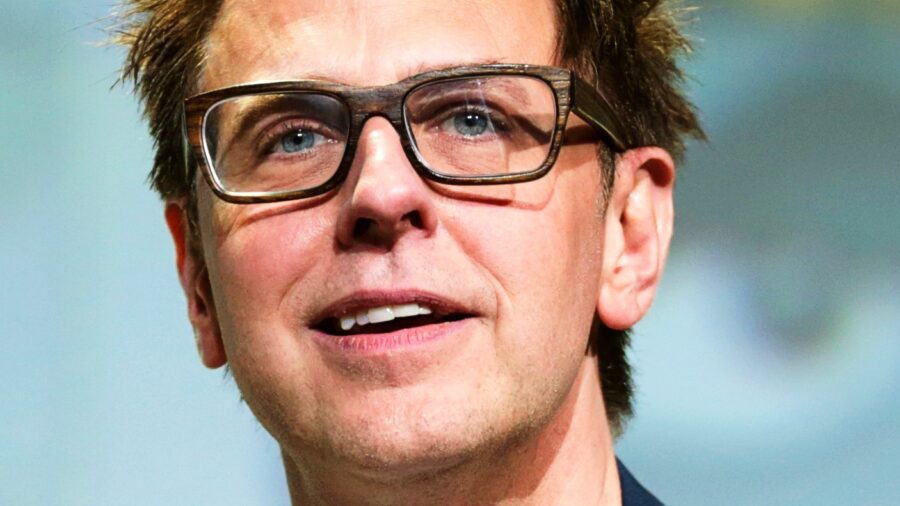
By stepping back and reconfiguring the current slate of movies in development, DC could refocus on delivering exceptional standalone stories that resonate with audiences on a deeper level. Unfortunately, things aren’t likely to change. James Gunn’s new DC Universe, under the stewardship of Gunn and Peter Safran, is set to reboot the existing DC Extended Universe (DCEU) with a new timeline and continuity.
There’s Still Time…
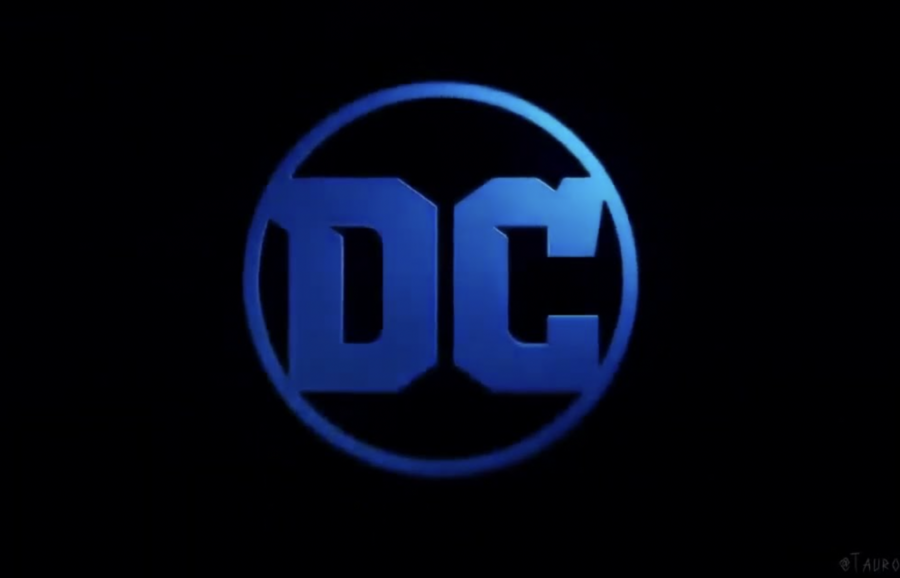
The new slate includes a combination of big, well-known heroes and lesser-known characters, similar to Gunn’s approach with the Guardians of the Galaxy films at Marvel Studios. The new DC Universe features a mix of movies and television series, with the first movie, Superman: Legacy, set to be released in 2025. The new DC Universe is described as the start of a new era, focusing on characters like Superman, Batman, Supergirl, Creature Commandos, and Booster Gold, among others.
Any project that does not fit into the DCU’s shared universe will be labeled as “DC Elseworlds” moving forward. While some projects may already be in development, there is still time for DC to reevaluate its strategy. The current slate could be reconsidered, with certain projects reimagined as standalone films or others canceled altogether.
